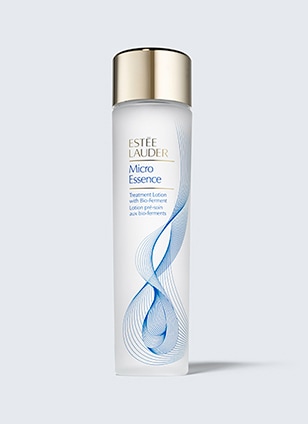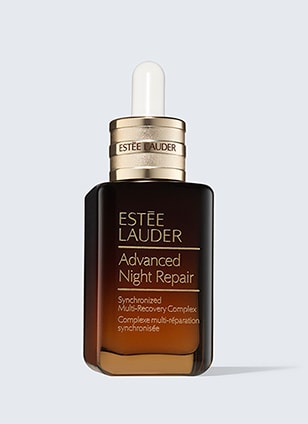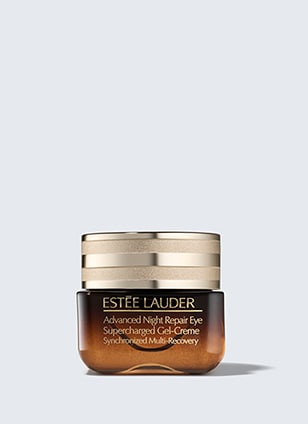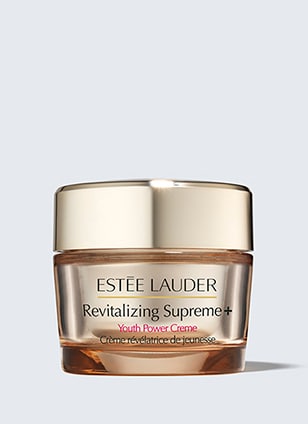
When it comes to skincare, knowledge is power. Understanding your skin type is the first step towards achieving a radiant and healthy complexion. Investing in quality skincare products tailored to your specific skin type can make a world of difference in your skincare routine. Discover how to determine your skin type and the best products to use to optimise your skincare routine.
Why Determine Your Skin Type?
Imagine buying a pair of shoes without knowing your shoe size – it's a gamble that often ends in discomfort. Similarly, using skincare products without considering your skin type can lead to less-than-desirable results. Your skin is unique, and its needs are specific to its type. By learning how to know your skin type, you can tailor your skincare routine to address its specific requirements, leading to improved overall skin health and a radiant complexion.
What Are The Five Main Skin Types, and How Do You Care For Them?
Skin types can be broadly classified into five categories: oily, dry, combination, normal and sensitive. Each type comes with its own characteristics and care needs, so it's crucial to ask yourself, “what is my skin type?”.
Oily Skin Type
How to know if you have oily skin? If you have an oily skin type, your skin tends to produce more sebum than average, giving it a shiny and greasy appearance. This excess oil can lead to issues like breakouts, acne concerns and enlarged pores. The key to caring for oily skin is balance. Opt for lightweight products that absorb excess oil without stripping the skin. Look for a gentle, oil-free moisturiser to help alleviate shine.
Dry Skin Type
On the other end of the spectrum is dry skin. How to know you have dry skin? This skin type lacks oil, often resulting in a dull and tight complexion. Dry skin can also be prone to flakiness and peeling, making proper hydration crucial. Look for gentle products with hydrating ingredients like hyaluronic acid. Our Advanced Night Repair Serum is the perfect product to help nourish the skin’s moisture barrier and keep dry skin hydrated for longer.
Combination Skin Type
Combination skin presents a mix of dryness and oiliness, often with oiliness concentrated in the T-zone (forehead, nose and chin). Finding the right balance is key for combination skin. Effective cleansing and hydration are essential. Consider using different products on different areas of your face to address the varying needs of different zones. You might also want to consider investing in some eye care to avoid creasing and dryness around the eyes.
Normal Skin Type
What skin type do you have if you typically don’t experience many skin issues? It's most likely “normal”. If you have normal skin, consider yourself lucky! This well-balanced skin type experiences minimal concerns and can tolerate most skincare products. Still, maintaining a consistent skincare routine is important to ensure your skin remains in optimal condition.
Sensitive Skin Type
How do you know if you have sensitive skin? Sensitive skin is prone to irritation from products and environmental factors. Redness, itching and discomfort are common concerns for this skin type. Caring for sensitive skin involves avoiding products with ingredients that trigger irritation and being mindful of your environment to prevent triggers. A treatment lotion may help soothe and calm the skin.
What is My Skin Type?
Learning how to determine your skin type doesn't have to be a complicated process. You can try two simple at-home methods to understand your skin type.
The Bare-Faced Method
A great way to discover what skin type you have is the bare-faced method. Start with a clean face and wait for about an hour. Observe how your skin feels. If it becomes tight, dry and uncomfortable, you likely have dry skin. If your skin feels oily, especially in the T-zone, you might have combination or oily skin. If your skin feels comfortable and balanced, you likely have normal skin.
The Blotting Sheet Method
Gently press a blotting sheet against different areas of your face. If the sheet picks up a significant amount of oil, you likely have oily skin. If the sheet picks up oil only in certain areas, you might have combination skin. If there's minimal oil on the sheet, you likely have dry or normal skin. For a more accurate assessment and personalised recommendations, consider consulting a dermatologist.
Can Your Skin Type Change?
Yes, your skin type can change over time. As you age, your skin's needs and characteristics can evolve. Skin concerns you faced as a teenager might not persist into adulthood, and vice versa. Environmental factors, stress, hormones and the natural ageing process can all contribute to changes in your skin type. This underscores the importance of regularly assessing your skin's needs and adjusting your skincare routine accordingly.
Knowing your skin type is the foundation of an effective skincare routine. It guides you in selecting the right products and addressing your skin's unique needs. Whether you have oily, dry, combination, normal or sensitive skin, understanding its characteristics and caring for it accordingly will help you achieve the glowing and healthy complexion you deserve. So, take the time to discover how to determine your skin type and adapt your skincare routine for the best possible results. Your skin will thank you for it!




